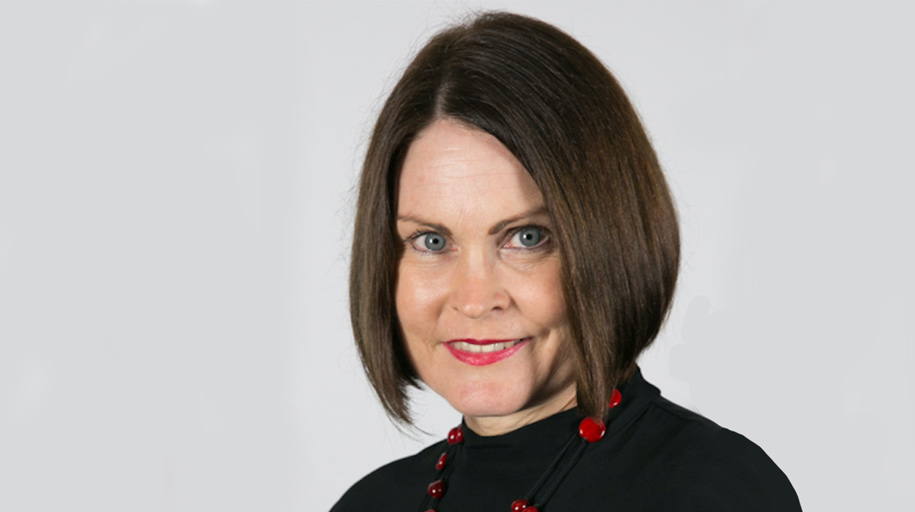Teaching is a complex pursuit with teachers constantly facing competing demands, increasingly diverse student groups, high accountability and new requirements and evidence to be adopted regularly.
Therefore, success in teaching depends upon some important attributes and capabilities. Teachers are not only required to have relevant discipline knowledge and teaching know-how, but are also expected to develop the capabilities that will make their teaching career a sustainable and fulfilling one for years to come. This is a big ask of teachers, who may not have time beyond their busy day to day schedule to explore ways to make their own experience a lasting and rewarding one.
As such, it is important that ongoing professional learning programs also address this aspect of teaching to instill these values in all of our teachers.
One way for educators to go about this is the 5Rs framework, developed by Macquarie University, which, when consciously adopted and continuously developed, leads to high-quality outcomes for teachers and students.

Professor Mary Ryan ... helping teachers to develop essential capabilities.
The five Rs to support teachers
Resilience practiced inside and outside of the classroom
Teachers need to be aware of, and maintain, their holistic health and sense of coherence. This will allow them to manage uncertain and complex issues and unexpected events when they arise in their career. We know teaching is challenging and demanding, however, it has been observed that teachers who thrive are able to draw on their personal resources and the social and structural supports around them. Those in the education sector understand that we are losing some of our best teachers early in their career, with research telling us that 30 per cent to 50 per cent of teachers leave the profession in the first five years. By facilitating the development of resilience in teachers, educators will aid in mitigating this attrition rate.
Reflexive in their teaching practice
Teaching is about understanding multiple and changing ecologies of learning: individual students’ needs, the affordances of classroom spaces, student and teacher relationships, curriculum, research evidence, school culture, parental expectations, community demographics and needs, expectations of the profession, and government policy. Teachers must recognise and mediate these elements in their career, along with their own motivations and priorities, to make effective and impactful decisions that ensure quality student outcomes every day.
Responsive to students, colleagues, parents and professional communities
Teaching is a relational profession: great teachers make deep connections with students, parents and communities. Most of us remember a great teacher we had at school: not because of the content they taught, but because they were inspiring; because of the connection they made with us, their interest in us as an individual, their care for our wellbeing and success.
Ready to learn
When teachers graduate from university they are not at the end of their learning journey, but at the beginning. The ongoing pursuit of learning is a mark of a quality teaching profession. There are always new challenges to deal with and new ideas to try. However, in practice, learning needs are not a one size fits all affair. Teachers need to identify their own learning needs for their context and they can pursue that learning to achieve great outcomes for all students.
Research engaged throughout their career
Effective teachers base their practice on evidence. This evidence can come from their own research in the classroom and from the latest academic research in specialised areas of learning, teaching, motivation, cognition, curriculum, technologies and spaces to name a few.
Understanding data is important so that it can be analysed and woven back into practice. Data can be big or small and both types are important. Big data includes large scale standardised testing which is great for identifying trends that are happening in the teaching sector. Small data includes classroom assessment, which helps to give us details about how and why students are succeeding or failing in specific areas.
Using the 5Rs framework as a conscious guide can help teachers to stay focused on what is important. It can enable teachers to be sustained in their career and have the most positive impact that they can on students. We don’t want our best teachers to burn out or leave the profession. We want them to thrive and achieve excellence so they can inspire our great minds of the future.